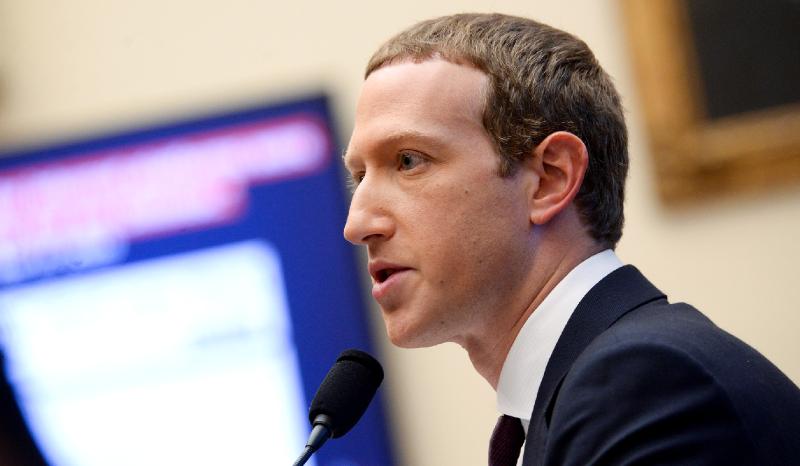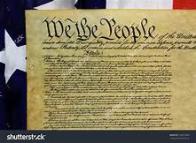Facebook Donald Trump Block: Company's Speech Policies Absurd | National Review
By: Rich Lowry (National Review)



Facebook Chairman and CEO Mark Zuckerberg testifies at a House Financial Services Committee hearing in Washington, D.C., October 23, 2019. (Erin Scott/Reuters) In reaching its most momentous free-speech decision ever, Facebook made it up on the fly.
It is said that medieval scholastic philosophers debated how many angels can dance on the head of a pin.
If so, they didn't have anything on the amorphous and tendentious deliberations of Facebook regarding who is allowed to post on its social network, most pertinently the former president of the United States, Donald J. Trump.
On January 7, the day after the Capitol riot, Facebook blocked Trump from posting indefinitely. It then kicked the matter to its oversight board saying, "You decide." On Wednesday, the board replied, "No, no — you decide."
If Facebook had set out to demonstrate that it has awesome power over speech in the United States, including speech at the core of the nation's political debate, and is wielding that power arbitrarily, indeed has no idea what its own rules truly are or should be, it wouldn't have handled the question any differently.
The case of Facebook v. Trump is an open invitation to political actors to swoop in to reduce the social network's power or write new rules for it, and indeed Trump-friendly Republicans are making loud calls for action.
It's not clear what the best solution is, or even if there is a solution, but there's obviously a problem.
In its wisdom, the Facebook oversight board said that it was "not permissible" for Facebook to impose an indeterminate, standardless penalty of indefinite suspension on Trump — then upheld the suspension!
The board called on Facebook to review the suspension within six months and made some suggestions toward developing rules to follow in such cases, which has an Alice in Wonderland quality to it — verdict first, rules about whether the verdict is correct or not later.
It underlines the astonishing fact that in reaching its most momentous free-speech decision ever in this country, in determining whether a former president of the United States can use its platform or not, Facebook made it up on the fly.
This is like the U.S. Supreme Court handing down decisions in the absence of a written Constitution, or a home-plate umpire calling balls and strikes without an agreed-upon strike zone.
Two Trump posts on January 6 prompted the suspension. Trump's video posted at 4:21 p.m. that day was too little, too late, but it wasn't incitement. After expressing disgraceful "I feel your pain" sentiments about the rioters, Trump urged them to "go home and go home in peace."
He followed this up with his egregious 6:15 p.m. post about these kinds of things happening when elections are stolen, but said in that one, too, "Go home with love in peace."
Facebook interpreted these posts as violations of its Community Standards on Dangerous Individuals and Organizations, which indeed they were.
But Facebook would have more credibility enforcing it if there was evidence that it scoured its platform, removing the posts of people who expressed sentiments during the rioting associated with the George Floyd protests like, "I understand your frustration with policing and our system of justice, and admire your passion, but please, don't loot or burn things."
If Facebook just wanted to say that Trump is often noxious and dishonest in his social-media postings, that'd be understandable. But this would put it in the inherently subjective and highly contentious business of deciding which politicians are worthy and truthful, and which are not.
Mark Zuckerberg had it right the first time when, not too long ago, he was arguing it wasn't Facebook's role to circumscribe the nation's political debate.
Some Republicans, such as former Trump chief of staff Mark Meadows, are saying in response to the social network's Trump decision that Facebook should be broken up. It's not evident what authority the federal government would have to do that.
But there can be no doubt that Facebook, already beset on all sides, has hung a lantern on its unsettling combination of power and caprice.





